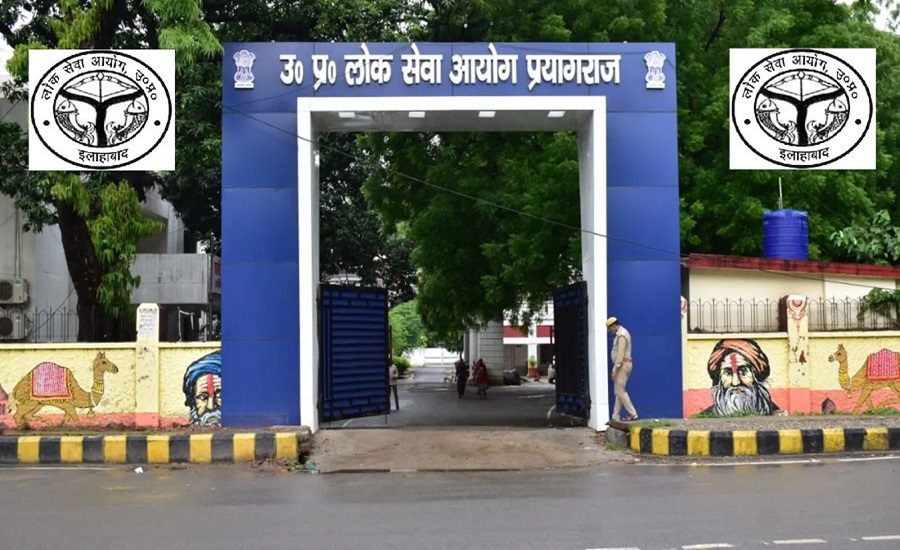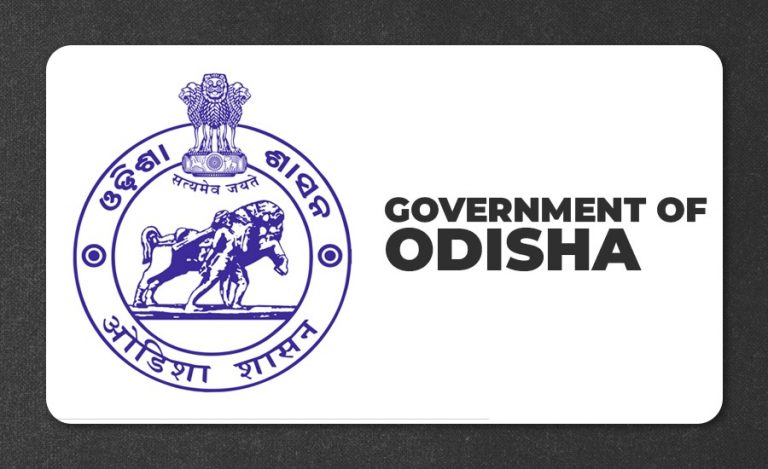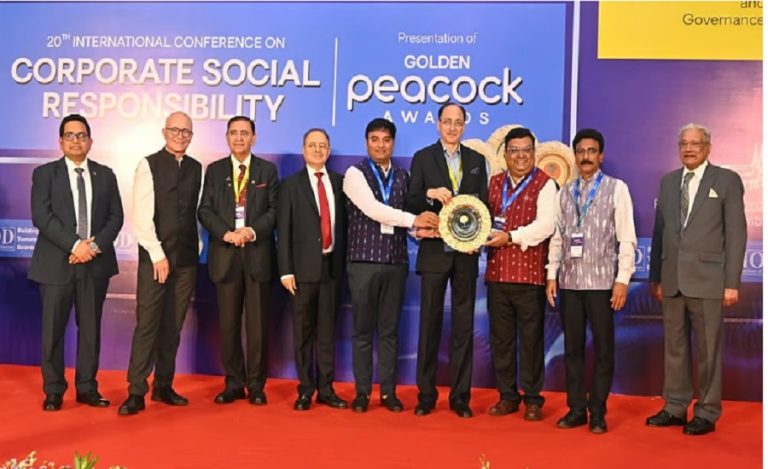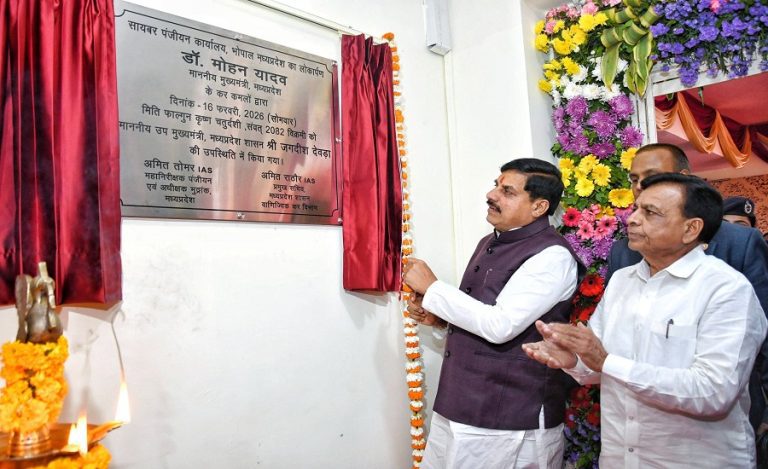Prayagraj: Competitive aspirants have raised serious concerns over several answers in the official answer key of the Review Officer (RO) / Assistant Review Officer (ARO) Preliminary Examination 2023, conducted by the Uttar Pradesh Public Service Commission (UPPSC) on July 27. Students claim that more than half a dozen answers released in the official key on July 30 are factually incorrect, backed by NCERT texts, Census data, and legal references.
Disputed Questions and Claimed Correct Answers
Among the controversial answers is the question, “Which of the following states of India has the highest population density?” While the commission marks Uttar Pradesh as the correct response, candidates argue that Bihar holds the highest density per Census reports, a fact also reflected in NCERT Geography textbooks.
Another objection is related to a question on cash crops. The official key lists potato, sugarcane, and cotton as correct options. However, aspirants argue that potato is a food crop, not a cash crop, and that rapeseed (white mustard) should have been included instead.
In a grammar-based question, students contest the answer to the sentence, “Some people have come from Nagpur.” The commission categorized “some” as a quantitative adjective, whereas aspirants maintain that it is a numeral adjective, as per standard Hindi grammar rules.
Similarly, in the agriculture section, the answer to “Rabi is not a pulse crop” was marked as moong, while candidates insist the correct answer is French bean, citing seasonal classification from agricultural texts.
Further confusion emerged in the question, “Which fruit ranks first in India in terms of production?” The commission cited banana as the correct response, but several aspirants have pointed to mango, arguing their case with horticulture data and prior year references.
Additional disagreements have emerged in topics related to legal institutions and geometric shapes, further intensifying the debate over the reliability of the official answer key.
Students Demand Accountability and Transparency
Competitive aspirant Rajan Tripathi voiced his frustration, saying, “Candidates are not just upset with the key but with the so-called experts involved in preparing it. If the experts can’t accurately answer 150–200 questions, how can aspirants expect fair evaluation?” He further demanded strict accountability for those responsible, warning that the credibility of the UPPSC is at stake if repeated discrepancies continue.
Objections Submitted with Evidence
Many students have submitted detailed objections along with supporting documentation, including NCERT references, government reports, and past exam answer keys. Aspirants are now awaiting the commission’s response and a possible revised key, hoping that valid corrections will be reflected in the final merit list.
The controversy has sparked concern about the transparency and accuracy of the evaluation process, especially with lakhs of candidates depending on these exams for career-defining outcomes.




























